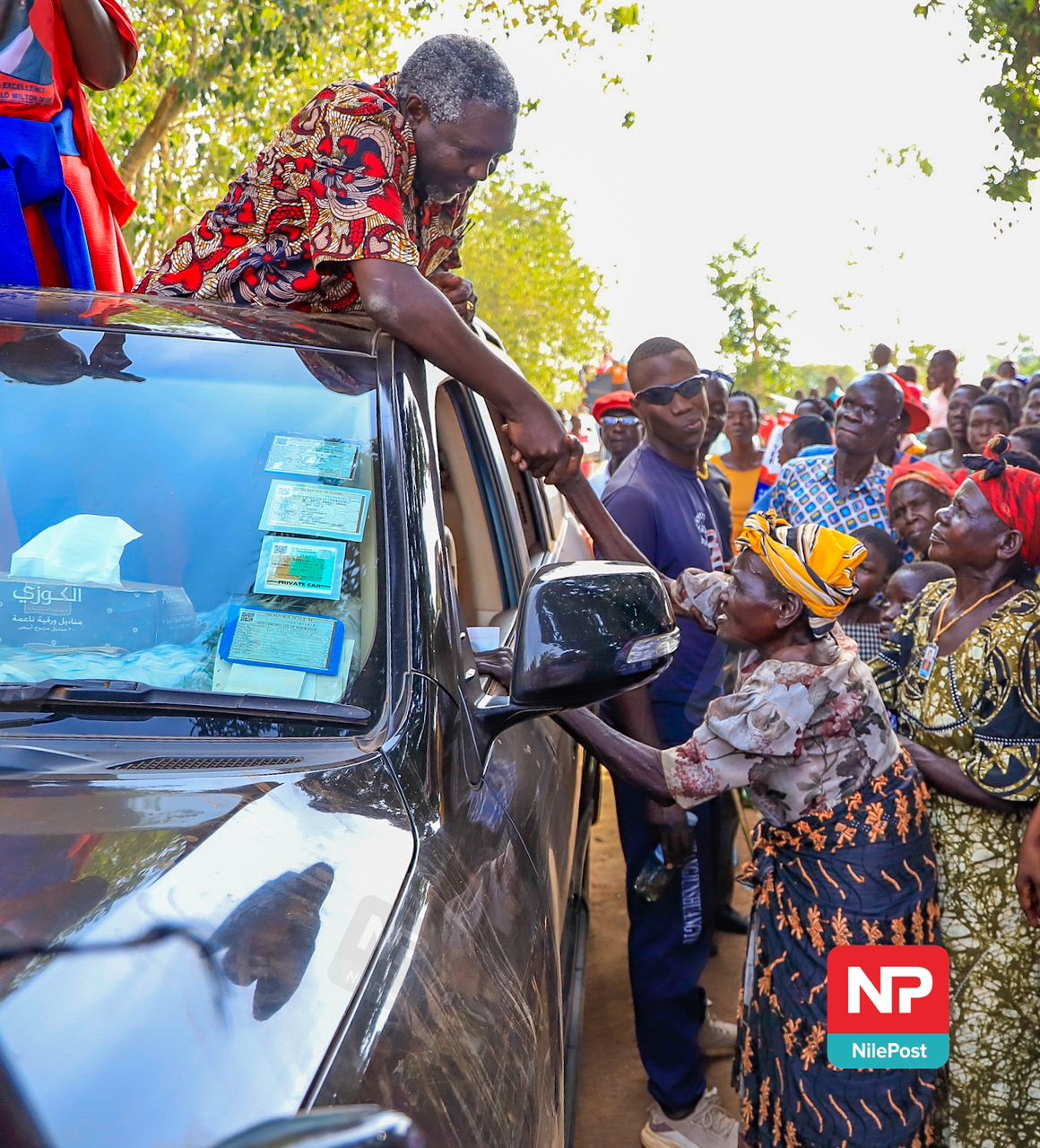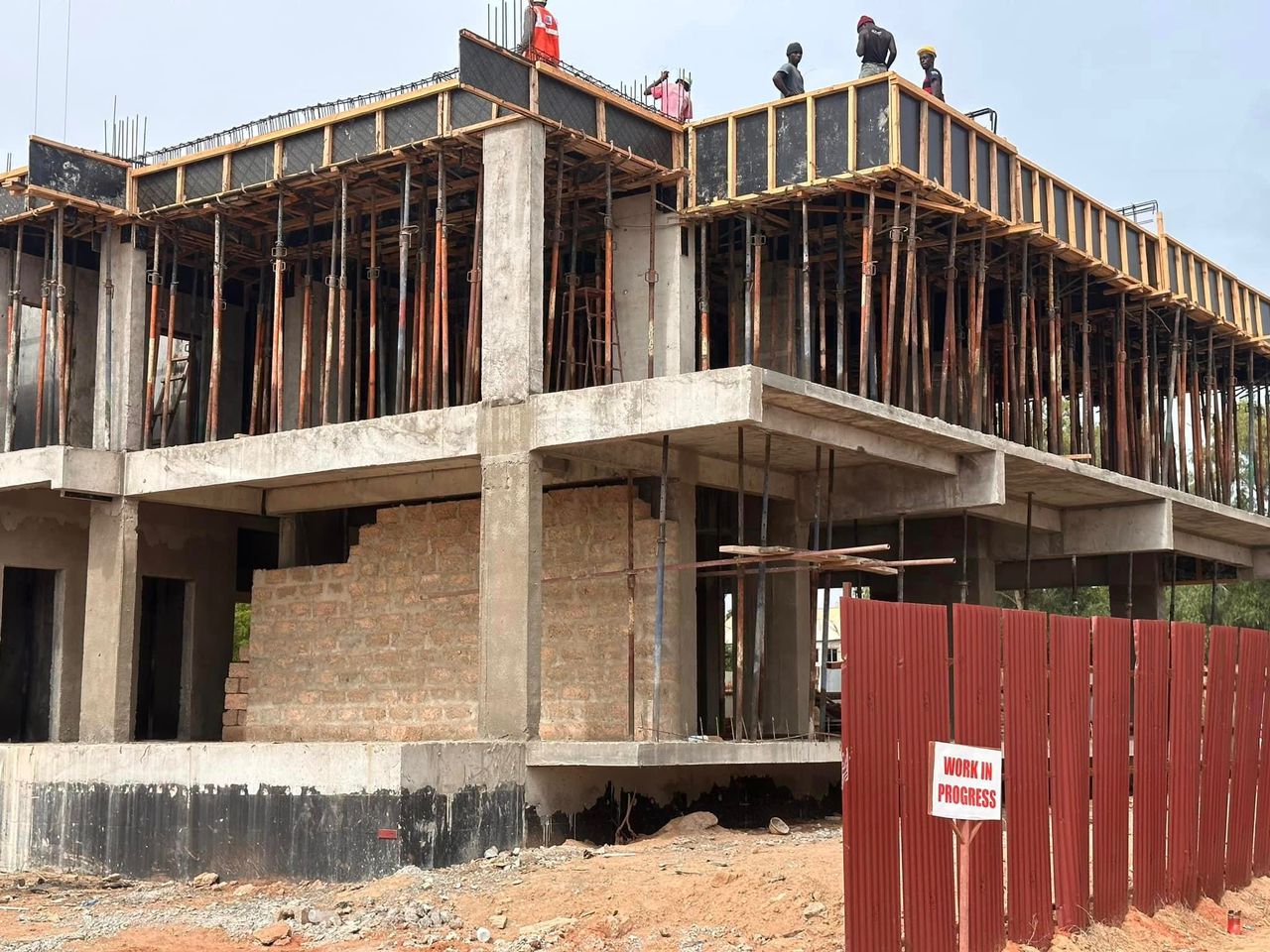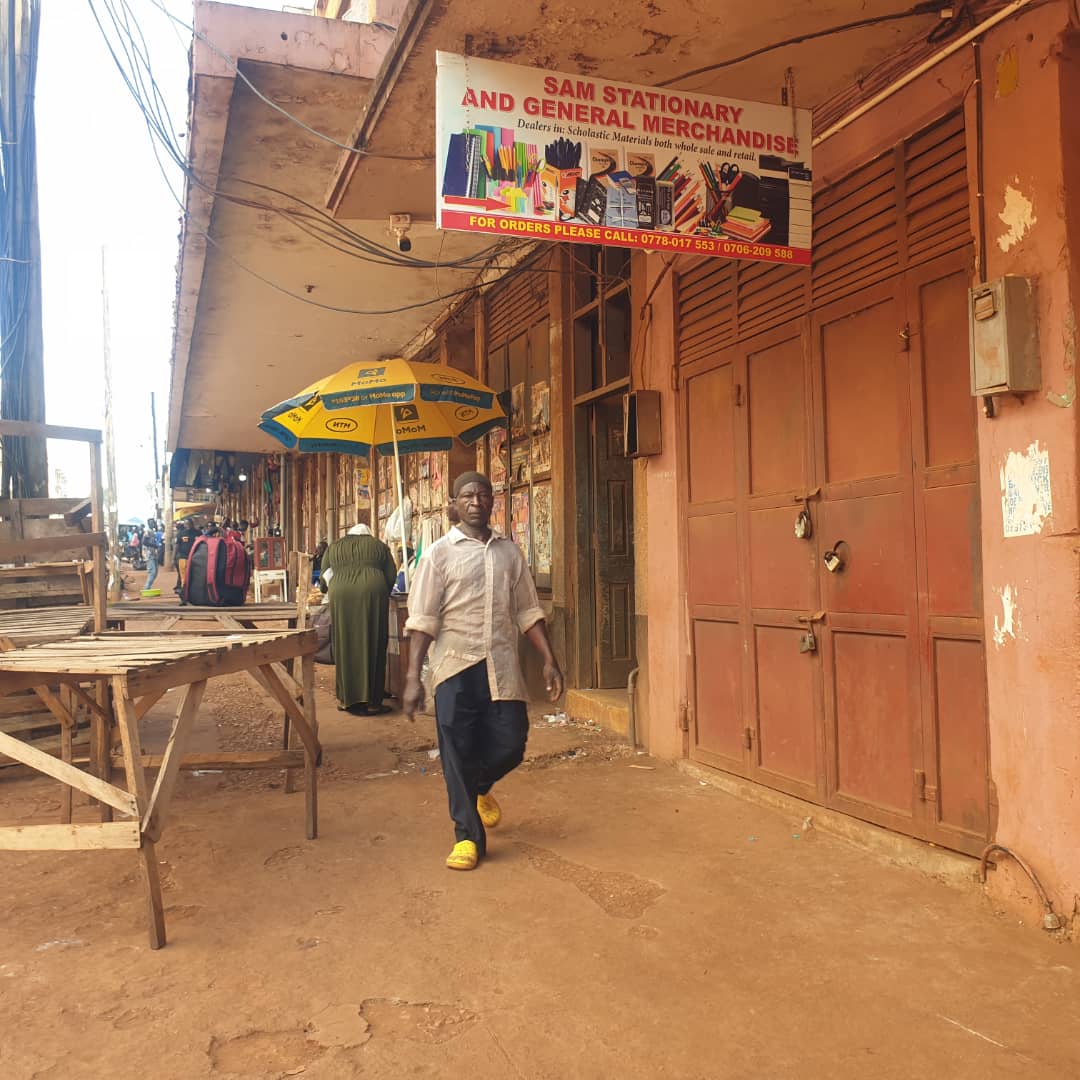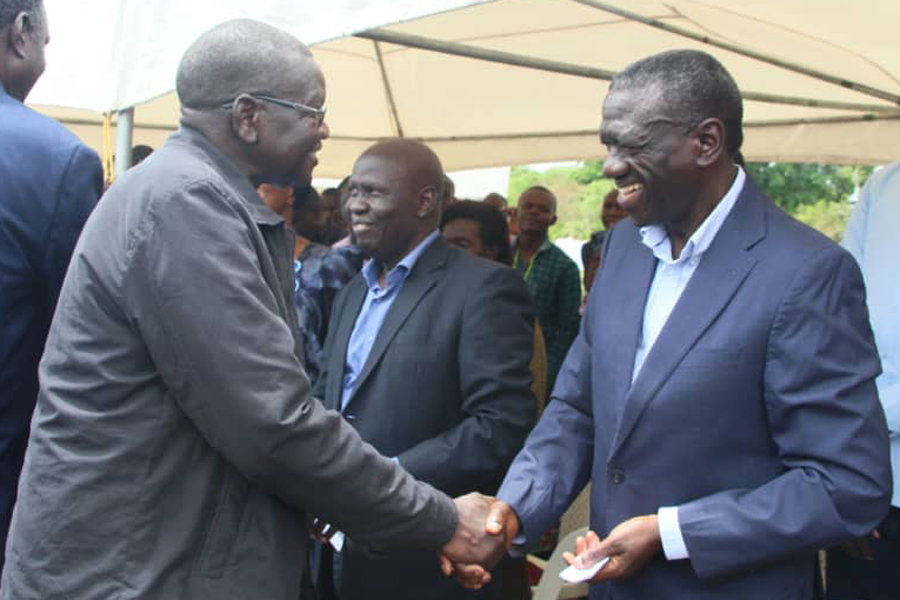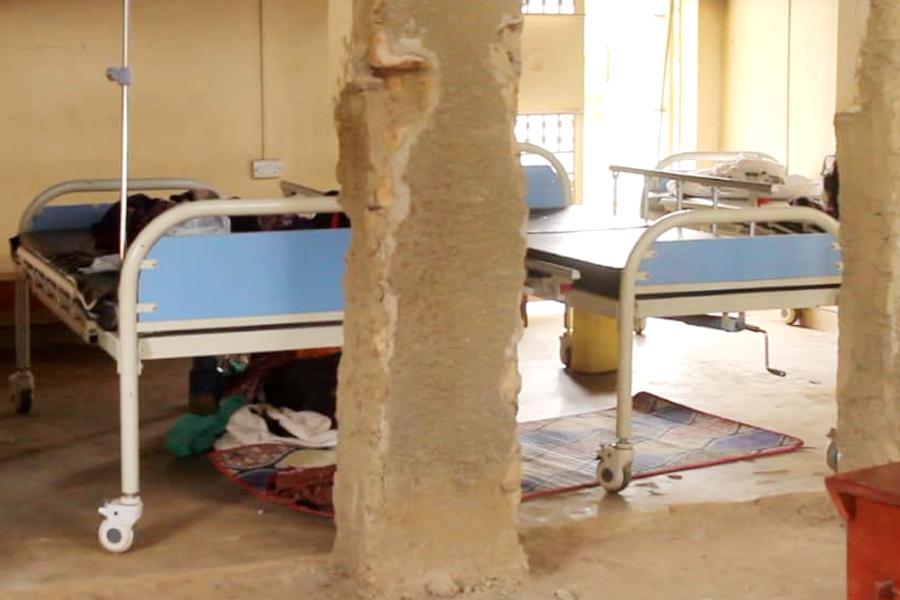Women traders say fuel crisis has hit their businesses hardest
Women cross border traders across the East African Community have said the current fuel crisis in the country has exacerbated their situation as they tried to recover from the adverse effects of the pandemic.
Addressing journalists on Thursday, East African Sub-Regional Initiative for Advancement of Women (EASSI) said the fuel crisis has led to the increase of commodity prices but also raised the cost of living and the cost of doing business in the region.
Keep Reading
“As women traders are grappling with the unfavourable situation, their profits are dwindling and they are increasingly making losses, hence closing their businesses. The situation is further worsened by the falling dollar exchange rate and the rising inflation and poverty levels. Inflation is at 6.29 percent in Kenya, 3.2 percent in Uganda, 4.2 percent in Rwanda, 3.8 percent in Tanzania, 13.3 percent in Burundi, 25 percent in South Sudan and 5 percent in DR Congo,” said Sheila Kawamara-Mishambi, the EASSI Executive Director.
“This situation is crippling the economies of the region, including the big traders, who depend on the Small and Medium Enterprises that propel their businesses. This is extremely worrying considering that over 60% of businesses in the East African Community are small and medium enterprises. “
The EASSI Executive Director noted that amidst the crisis, there has been minimal effort by the EAC partner states to alleviate the situation, given the low levels of fuel reserves in the countries and the low capacity to sustainably cushion their economies by providing local subsidies.
“We are appealing to the East African Community to create an enabling environment for all traders that will enable cross border trade to thrive. We specifically want the capacity of the small women cross border traders to be strengthened so that they are able to exploit the new markets in the African Continental Free Trade Area (AfCFTA). “
“Unless the small-scale traders are supported in terms of accessing credit and other trade facilitation, they are unlikely to compete favorably in lucrative markets such as the AfCFTA. There is need for the governments in the EAC to take action to limit the damage that the ongoing crisis is having on the economy through both short term and long-term measures.”
Kawamara said that as East Africa moves into the AfCFTA, policy makers ought to build onto the achievements made by the region, such as the adoption of the Simplified Trade Regime (STR) that is specifically designed to enhance the participation of small-scale traders’ informal trade, who comprise majority of cross border traders in the region.
EASSI also noted that there has also been the progressive elimination of Non-Tariff Barriers (NTBs) and the introduction of One-Stop Border Posts (OSBPs) to further ease intra-regional trade.
“We therefore, propose the expedition of the development and rehabilitation of high-capacity oil reserves to enable cushioning the economies against similar crises in the long term. There is also need to institute tax cuts on petroleum and petroleum products in the short run to curb the rapid changes in the pump prices,” EASSI said.
According to women traders, there is need to institute national levels stimulus and stabilization fund for recovery of micro, small and medium enterprises.
“There are so many disorganized financings but these can’t offer so much if our country doesn’t have its own banking sector. In the medium and long term, we need to address the issue of banking sector,” said Jane Nalunga, the SEATINI Uganda Executive Director.




